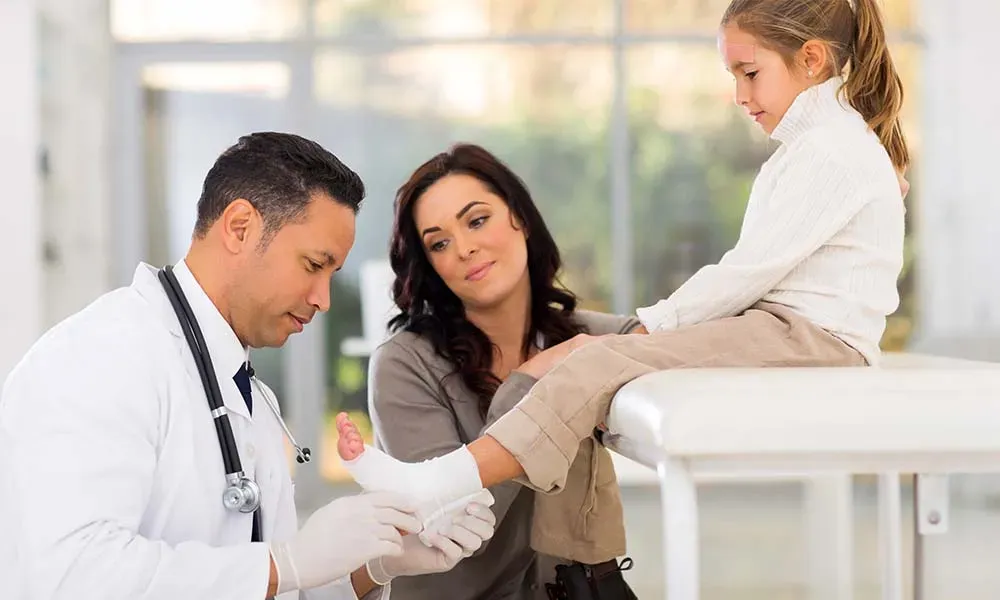Imagine this: You’re experiencing hip pain florida style- hard and hot. Now, picture overcrowded hospitals, queues stretching around corners. Not an ideal place for relief, right? Here’s where urgent care specialists come in. They provide immediate attention, helping to alleviate non-life-threatening conditions. They play a significant role in reducing hospital overcrowding. Let’s explore how these crucial health heroes contribute to a better healthcare system.
The Role of Urgent Care
Urgent care centers are medical clinics with extended hours. They offer services for acute illness or injury that do not pose an immediate risk to life or limb. As per a report by the Urgent Care Association, there are nearly 10,000 urgent care centers in the United States. They offer fast, accessible healthcare.
Lightening The Load
So, how do urgent care centers help reduce hospital overcrowding? They lighten the load. They free up emergency rooms for critical cases. They handle minor injuries and illnesses, which are often the bulk of ER visits.

A Look At The Numbers
Here’s a simple comparison to show how urgent care is helping:
| Urgent Care Centers | Emergency Rooms | |
| Number in the US | 9,616 | 5,198 |
| Wait Time | Less than 30 minutes | Up to several hours |
| Cost | Significantly less than ER | Can be very high |
Urgent care centers are helping to relieve the burden on our hospitals. They offer a valuable service to patients, giving them access to quick, cost-effective healthcare.
The Future of Urgent Care
The future of urgent care is bright. As healthcare evolves, so will the role of urgent care. They are poised to play an even greater part in reducing hospital overcrowding. According to the CDC, urgent care can help manage chronic conditions, provide preventative care, and more.
So, next time you feel the heat of ‘hip pain Florida’ style, consider visiting an urgent care center. They are there to help – easing your pain and the burden on our healthcare system.

